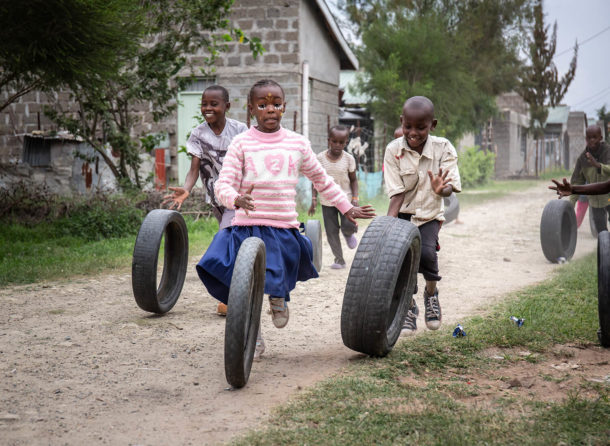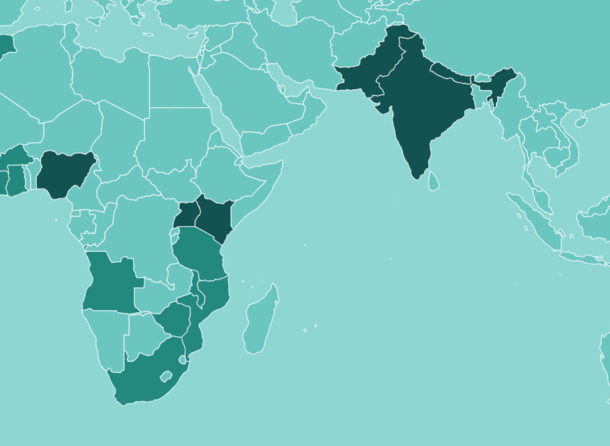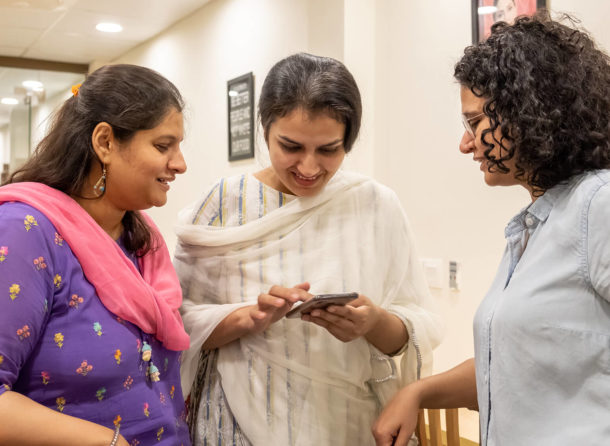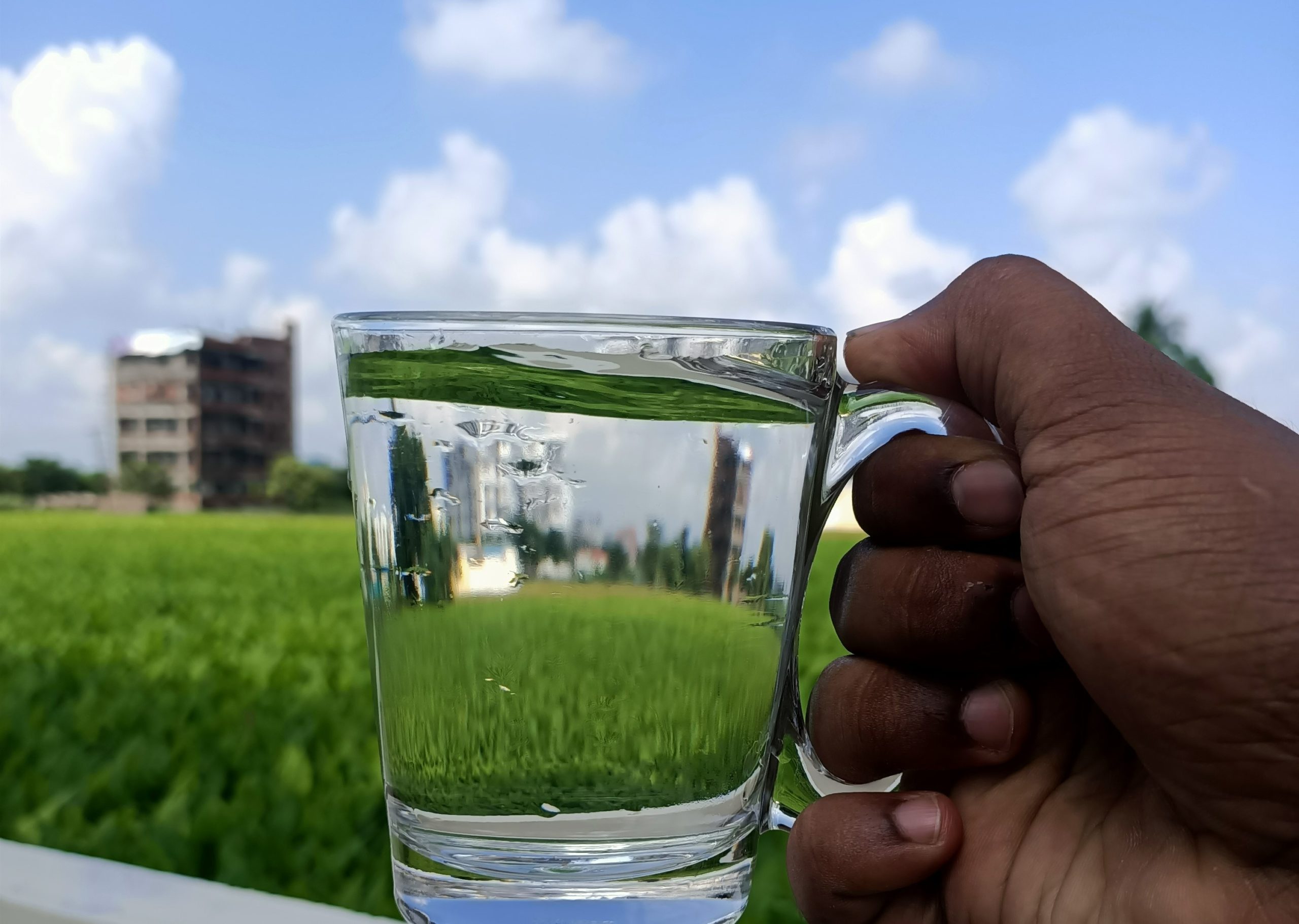
World Water Week 2022: Seeing the unseen, the value of water
For World Water Week 2022, Reall spotlight the green wastewater treatment system, ECOSTP.
Summary
- Reall has funded a state-of-the-art sewage treatment plant at a new rental housing project in India based on a cow’s stomach.
- The system known as ECOSTP (ecological sewage treatment process) needs no external power, chemicals, or human interaction, yet achieves reliable and eco-friendly sewage treatment that produces clean water for the development’s flushing toilets.
- The Kanakapura Road Housing project will initially provide 306 student residences that will be later sold as accommodation for up to 1200 people. Building will be completed in March 2023.
Background
- Illegal dumping of waste and mass untreated sewage in Bengaluru (Bangalore) risks creating severe water shortages and threatens residents’ health. Pollution has caused the famous lakes in the city known as India’s Silicon Valley to catch fire, resulting in a new nickname: the city of flaming lakes.
- Reall’s partner in Bengaluru, Janaadhar – an affordable housing and innovative technology construction company – are building 306 student houses/affordable homes. They wanted to include effective, green, low-cost water treatment that goes beyond municipal regulations which expect little more than simply pouring wastewater into a hole in the ground.
Hurdles
- Centralised sanitation systems are either overburdened, don’t work or non-existent.
- An assumption that sewage treatment plants must be mechanised.
- Mechanical STPs are costly to build and maintain, which challenges affordability.
- Many communities stop using mechanical STPs because of high running costs.
- Mechanical STPs are not climate friendly.
- A lack of knowledge of alternative solutions.
Solution
- To meet their own and international environmental standards, and to address water scarcity, Janaadhar is building a low-cost sewage treatment plant that requires no external energy to run.
- Dirty water passes through four sealed chambers in each plant, where it is processed naturally by bacteria as in a cow’s stomach based on concepts of biomimicry.
Innovation
The ECOSTP:
- Uses gravity, rather than energy or fuel.
- Uses biomimicry – copying nature to solve human problems.
- Enabling water reuse in a place where clean water is scarce.
- Is low tech, low cost, sustainable, reliable and can work at scale.
- Addresses sanitation, water and energy crises, and helps make the houses affordable.
Learn more about the process of ECOSTP in this video.
Collaboration
- Reall is funding the construction of the ECOSTP as part of our Decentralised Wastewater Treatment Systems (DEWATS) initiative.
- Janaadhar is collaborating with ECOSTP for implementation.
- ECOSTP have been providing systems based on a natural anaerobic digester model in Bengaluru for several years.
Future
- Janaadhar is now planning to standardise the ECOSTP model across their new projects.
- They’re calling on their government to give incentives to other organisations to use such solutions.
- Possibility to sell the clean water – to cover maintenance and make a profit.
- An example of something simple and effective to the affordable housing sector locally.
- This is a demonstration project in the region, for sustainable and affordable infrastructure provision linked to low-cost housing. Could also be introduced to other regions, countries or continents.
Watch Sandeep Bedi, Janaadhar’s CEO, explain why they chose ECOSTP for their affordable housing delivery.
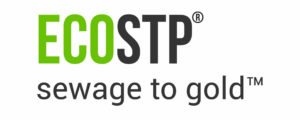

Read more stories
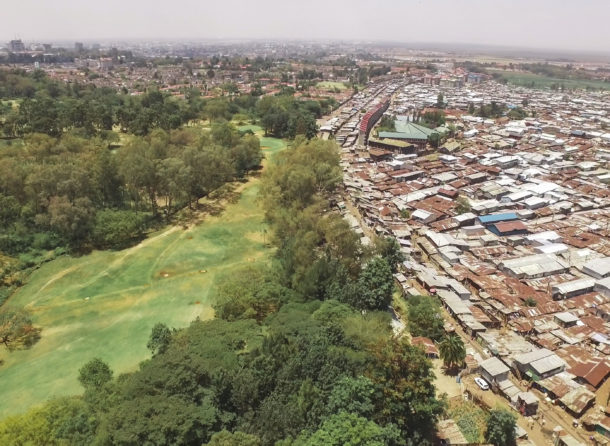
How Affordable Homes could help solve the global climate crisis
The United Nations climate summit, COP25, starts today in the Spanish city of Madrid where climate leaders will push to scale up action and investments into rapidly reducing global greenhouse gas emissions and support broader sustainable development agendas, specifically addressing …
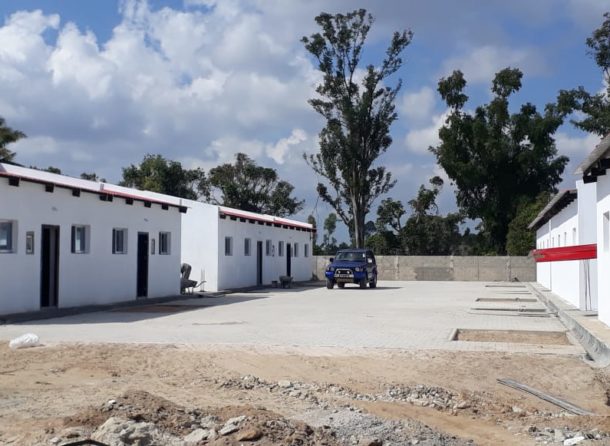
Celebrating affordable housing in Beira
The ribbon-cutting ceremony was attended by Reall’s Director of Investment and Operations Patrick Domingos-Tembwa, Mayor of Beira Daviz Simango and Casa Real Director Marie Odile. The celebration was particularly poignant as these homes managed to withstand the destruction of Cyclone…
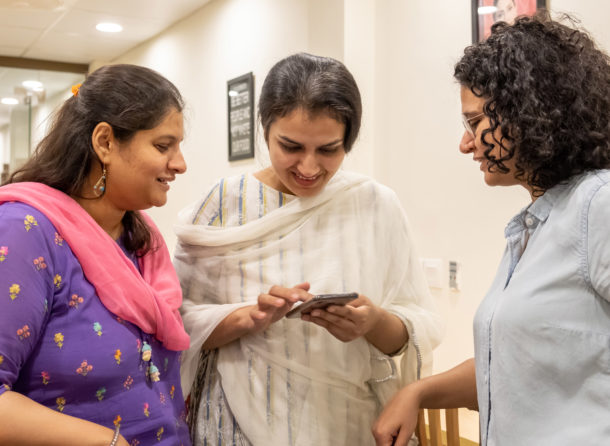
New Partnership: Syntellect
Reall are delighted to be partnering with India-based technology firm, Syntellect. Syntellect are committed to giving unbanked people the opportunity to access mortgage finance across Africa and Asia. Syntellenct has created RightProfile, a customer profiling platform designed to help lenders …
